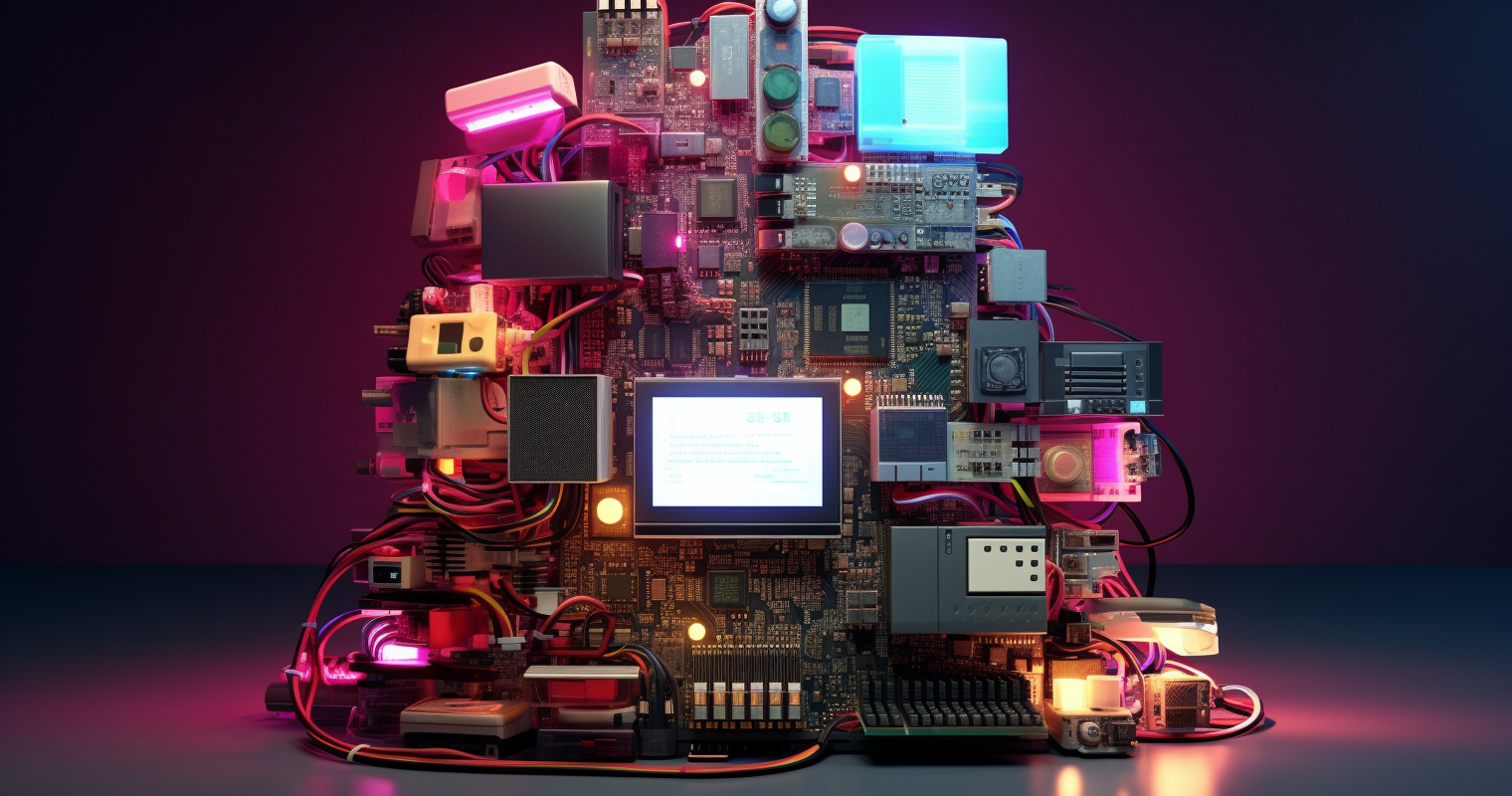The Raspberry Pi, given its affordability and flexibility, has become a popular choice for media center applications. Several distributions have been developed to turn a Raspberry Pi into a dedicated media center. The most popular media center distributions for Raspberry Pi are:
-
LibreELEC: This is a lightweight operating system that runs the Kodi media center software. It's optimized to run on a variety of hardware, including the Raspberry Pi. The "Just enough OS" philosophy behind it ensures that only the bare minimum resources are used, allowing Kodi to perform at its best.
-
OSMC (Open Source Media Center): This is another distribution built around the Kodi media center. It is designed to be simple and easy to use, even for those new to the Raspberry Pi. It supports various Pi models and offers a nice blend of features and performance.
-
Plex Media Server: While not a standalone operating system, Plex can be installed on the Raspberry Pi using the Raspbian OS (now known as Raspberry Pi OS). Plex is a popular choice for those who prefer a server-client model for their media consumption, and it organizes your media beautifully with rich metadata.
-
Pi MusicBox: If you are more focused on audio, Pi MusicBox turns your Raspberry Pi into a music player, supporting streaming services like Spotify, SoundCloud, and Google Music, among others.
-
RuneAudio: This is a free and open-source software that turns embedded hardware into Hi-Fi music players. It is designed to make the most of a dedicated listening experience through the Raspberry Pi.
-
Moode Audio: Another audiophile-grade music player for Raspberry Pi. It provides a sleek interface and numerous audio tweaks to get the best out of your music.
-
Recalbox: While it's primarily used for retro gaming, Recalbox also has Kodi built-in, making it a versatile choice for both gaming and media consumption on your Raspberry Pi.
-
RetroPie: Like Recalbox, RetroPie is more focused on gaming but includes the option to install Kodi as a "port," which means you can also use your gaming Raspberry Pi as a media center.
When choosing a distribution, it's essential to consider your primary use case (e.g., watching movies, streaming music, playing games) and the specific Raspberry Pi model you have, as compatibility and performance can vary. Always check the official websites of these distributions for the latest updates and support information.

